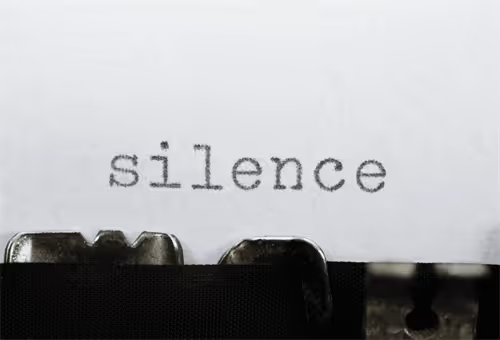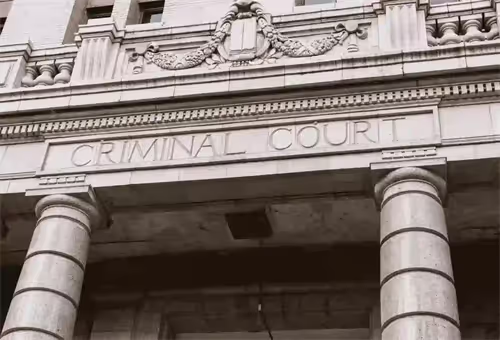The Right to Silence
At Brightstone Defence, we understand that being questioned by the Police can be a stressful and uncertain experience. If you’re a suspect or under investigation, the Right to Silence is your legal protection. You have the right not to answer Police questions or make statements unless you choose to do so. This is a critical aspect of safeguarding your rights during an investigation.
What is the "Right to Silence"?
Police may question you to gather information about a crime or suspect, but you are not obligated to answer their questions. While it is their job to investigate, you have the right to remain silent. Any comments or actions, including identifying yourself or others in CCTV footage, can be used against you in court.
What Kinds of Questions Can Police Ask?
Police may ask a variety of questions to help them gather evidence. However, you are not required to answer unless you choose to. Always remember: anything you say could potentially be used in future court proceedings.
When Must You Provide Your Identification?
While you have the Right to Silence, there are exceptions. For example, Police can request your name and address, and failing to provide this information is an offence. This is one of the few times your Right to Silence does not apply, and you should comply with providing your identification details.
Other Exceptions
If your vehicle is involved in a serious crime, you have a duty to disclose to Police the details of the driver and any passengers at the time of the offence.
What Happens if You Choose to Answer Questions?
If you choose to answer questions, the Police can use your statements as evidence in court. This could have serious implications for you or others involved in the case, as anything you say can be used in ongoing investigations or even in future legal proceedings.
Should You Agree to a Police Interview?
It’s crucial to get legal advice before deciding whether to participate in a Police interview. Sometimes, answering questions can work in your favour, but in other cases, it may worsen your situation. Always speak to an experienced criminal lawyer first to assess your situation. You may think answering questions is helpful, but it could also make it more difficult to defend yourself in court later.
Does It Matter Whether Police Question Me on the Street or in a Formal Interview?
As a general rule, anything you say to a Police Officer can be recorded in a statement by that Officer and may be used against you later in court. Whether the questions are asked informally or in a formal interview, it’s crucial to consider your responses carefully.
Witnesses to Crimes: Do You Have to Answer Police Questions?
If you are a witness to a crime, you generally don’t have to answer questions or provide information unless it’s related to a very serious offence. However, if you fail to assist the Police with certain investigations, you could be prosecuted for concealing information. If you do provide a statement as a witness, be prepared that you may be called to give evidence in court and could be subpoenaed if needed.
What If You Were Present When a Crime Happened?
Even if you weren’t actively involved in a crime, being present at the scene could make you a suspect. In such cases, it’s essential to stay silent until you have received legal advice. If you are questioned by the Police, assume you are being investigated and take the matter seriously. It’s always better to protect your rights by consulting with a criminal lawyer before responding to any questions.
Protect Your Rights: Contact Brightstone Defence
If you're under investigation or facing questioning by the Police, it’s crucial to protect your rights. Contact Brightstone Defence for expert criminal defence advice. Our experienced lawyers can guide you through the process and help you make informed decisions every step of the way. Don’t face it alone, reach out today!
Disclaimer: This content is based on real cases and news reports and is intended for general informational purposes only. It has been prepared by the criminal lawyer team and reviewed by Partner lawyer Alex Cao. It is not legal advice, and you should consult a qualified lawyer regarding your specific circumstances.




